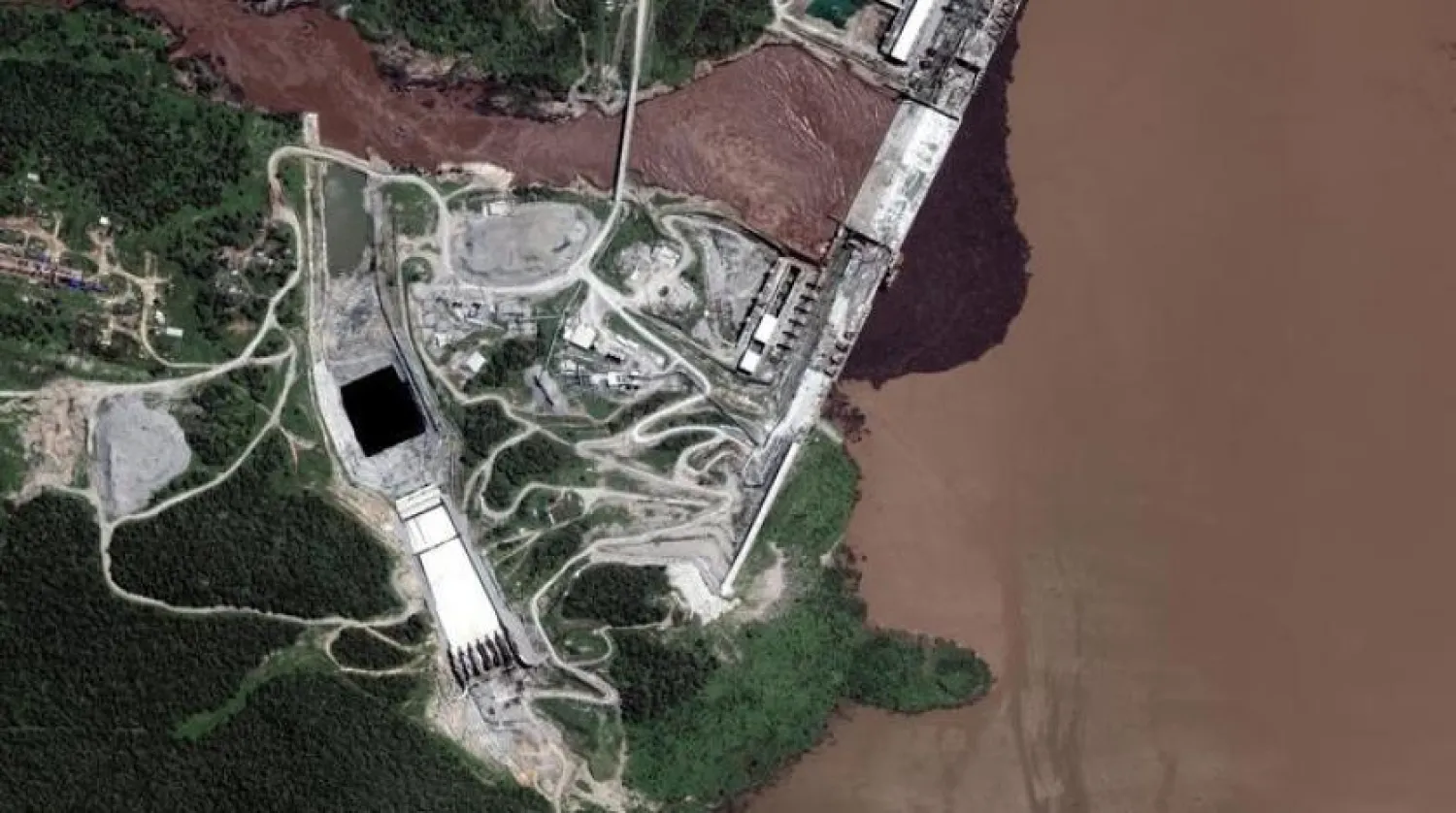The European Union has called on Egypt, Sudan and Ethiopia to return to the Grand Renaissance Ethiopian Dam (GERD) negotiations.
Head of the EU delegation to Egypt Ambassador Christian Berger stressed the need to reach an agreement between Sudan, Egypt and Ethiopia. He said it is essential, necessary and inevitable for the interest of the Nile Basin countries.
The EU has always “supported consultations and negotiations in this regard,” he said in remarks during a conference held on Thursday at the closing session of the 4th Cairo Water Week (CWW).
Berger said the newly appointed EU Special Representative for the Horn of Africa, Dr. Annette Weber, will visit Cairo next week.
The dispute was sparked in 2011 when Addis Ababa began constructing the mega dam on the Blue Nile.
Egypt and 10 other downstream countries share the Nile basin, yet more than 85 percent of its share comes from the Blue Nile tributary in Ethiopia.
Around 80 percent of the construction works have been completed so far, and Addis Ababa completed the second phase of filling the dam in August, which is a cause of concern to Egypt and Sudan that fear the dam's impact on their water shares.
Cairo and Khartoum demand that the three countries reach a legally binding agreement to fill and operate the dam.
For nearly a decade, the African Union-sponsored talks between Cairo, Addis Ababa and Khartoum over the operation and filling of the mega-dam have faltered.
In mid-September, the UN Security Council called on the three countries to resume negotiations under the auspices of the AU, stressing the need to reach a “binding agreement on the filling and operation of the GERD” within a reasonable timetable.









